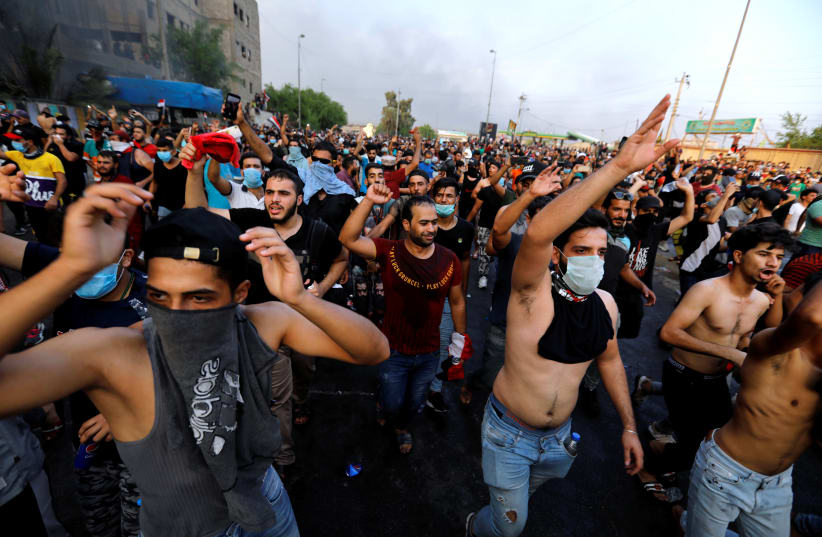Iraq suppresses internet, sends security forces to crush protesters
With a media blackout and the government trying to cut off internet and social media use, the chaos unfolding in Baghdad last night and over the last forty-eight hours has been largely obscured.
